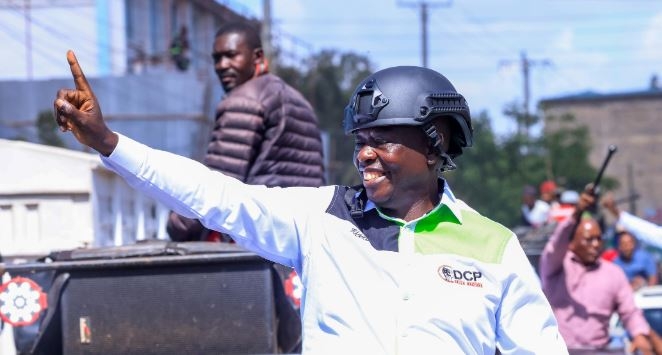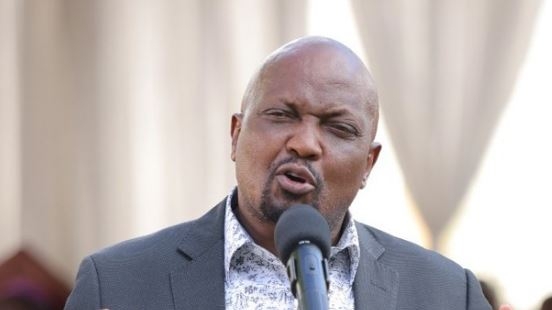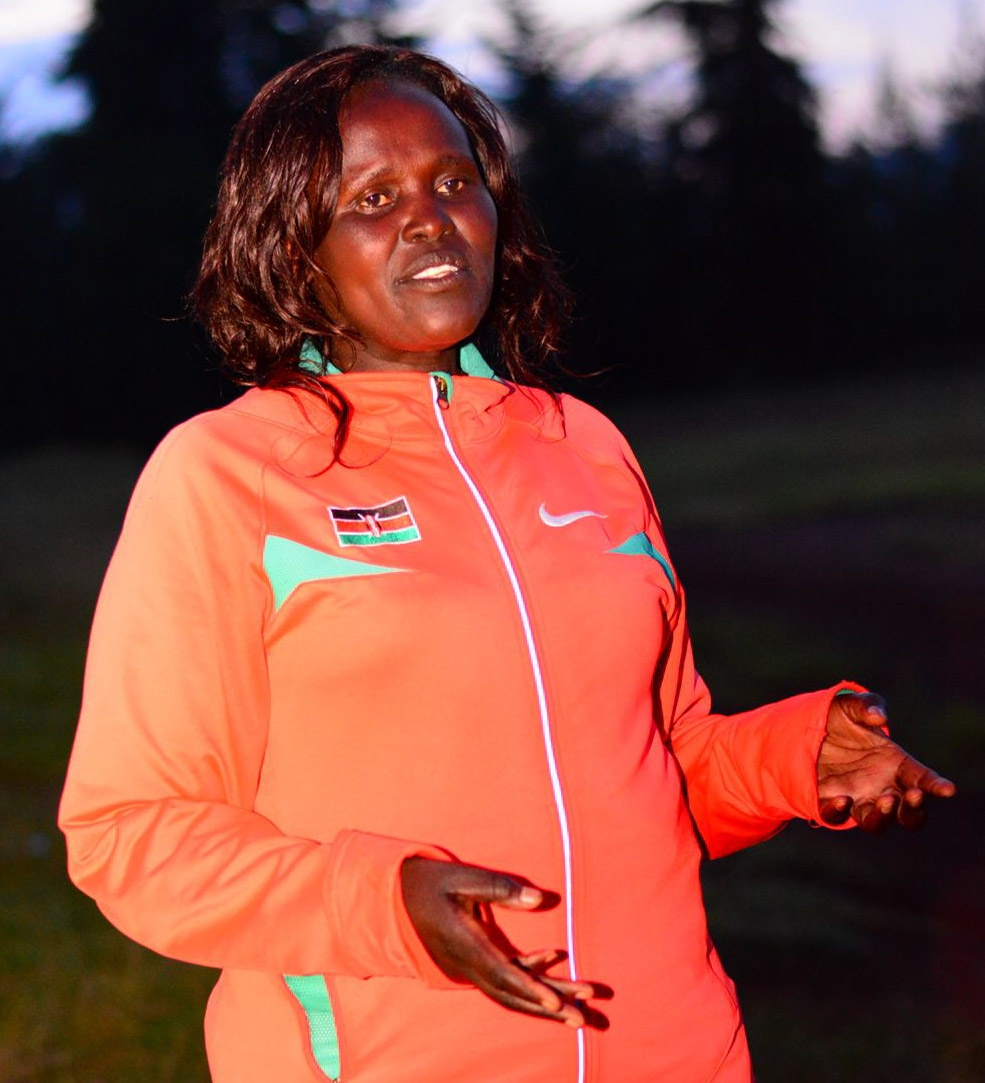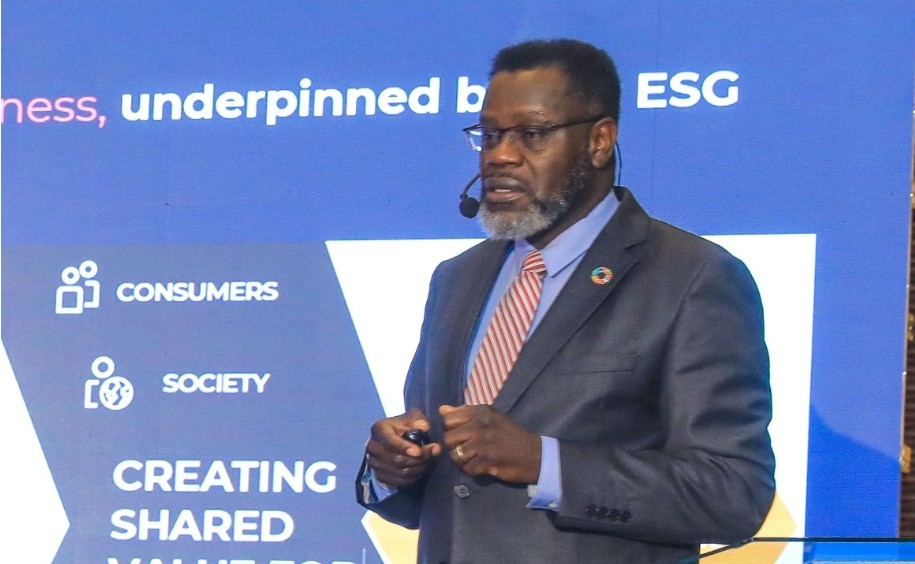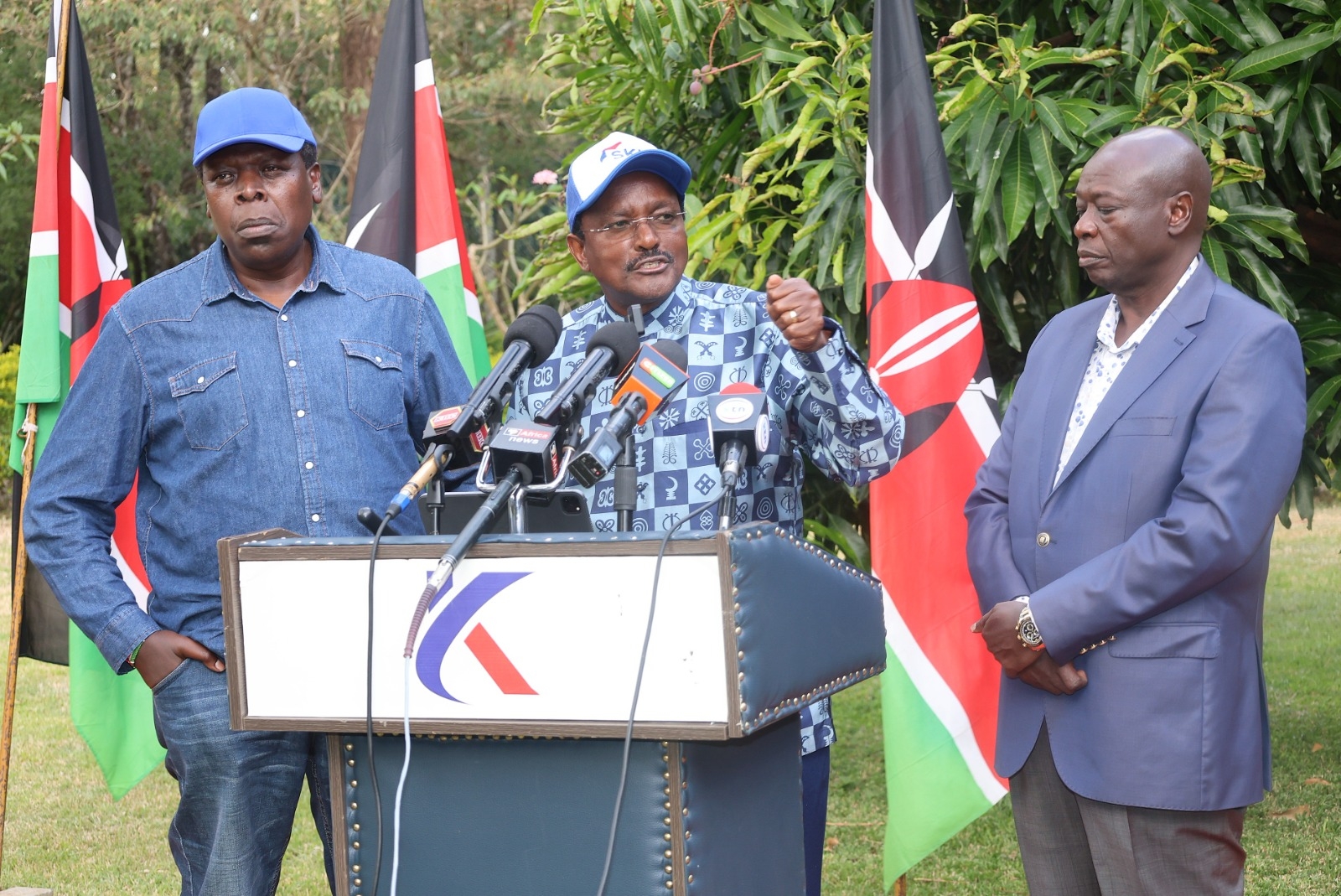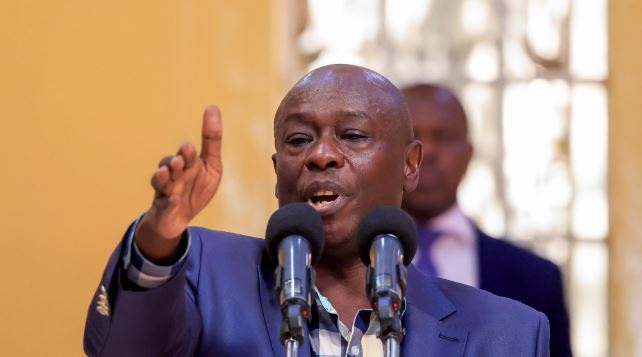The High Court will on Friday this week determine whether it will refer a case challenging the government’s decision to import GMO foods to Chief Justice Martha Koome for the empanelment.
The application to have the matter heard by more than one judge was filed by Attorney General Justin Muturi on February 14, on grounds that the case raises weighty issues.
On Monday, Eric Gumbo appearing for the AG told Justice Mugure Thande that the issues raised in the consolidated petitions are of general public importance and meet the test.
Gumbo said the determination to be rendered by the court that will hear the cases will to a large extent inform public policy not just in Kenya but in the region.
He persuaded the court to allow their application, saying questions as to whether GMOs pose any health risk and therefore violate certain provisions of the constitution as alleged, to the conversation surrounding the Cabinet Memo on GMO remain unsettled.
“We submit that none of the issues we have framed has been conclusively determined at all by any court," Gumbo said.
"We urge you exercise your discretion in allowing expansion of the bench as no prejudice will be suffered by any of the parties."
In closing, Gumbo drew the court's attention to what he said was a deliberate attempt by lawyer Paul Mwangi to mislead the court in relation to one of the key issues being whether public participation should inform or precede Cabinet decisions.
Gumbo said the decisions which Mwangi cited in opposing their application were misleading.
“He has made extensive submissions alleging those decisions arise from the Supreme Court. The decision at hand was of the High Court.<' Gumbo said.
"What was being considered by Justice Anthony Mrima in that decision was in relation to a press statement issued by a Cabinet Secretary. That statement did not make reference to the policy. It is misleading."
In a brief rejoinder, Mwangi, represented by counsel Wangui Njoroge said a single-judge bench is of equal force to a three-judge bench to determine complex issues.
“We submit that indeed matters concerning cultivation and consumption of GMO raises novel and complex issues of general public importance, however, this matter addresses well-established principles of constitutional interpretation,”she said.
Njoroge said the case at hand is a matter that affects the general public to which they have a right to public participation.
President William Ruto’s administration in October last year lifted the decade-old ban on GMOs in response to the biting drought that has hit the country leading to food insecurity and livestock deaths.
The decision received immense backlash. Consequently, three petitions were lodged to challenge the same.
The first petition was filed by lawyer Paul Mwangi, followed by Kenya Peasants League and the Law Society of Kenya at the Environment and Lands Court in Nyahururu
The cases were consolidated. But LSK which was on board as an interested friend of the court asked to be expunged from the matter. Their application was allowed.
In the case, the petitioners are opposed to the importation, cultivation and consumption of GMOs on grounds that the decision to lift the ban was not procedural and it was unlawful.
They also contend that GMO products pose a health risk to Kenyans, particularly the poor and those with low incomes.
They claim that the declaration on the importation and cultivation of GMO maize was never subjected to public participation.





